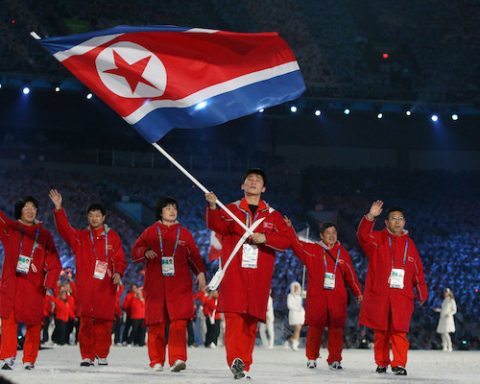“Logan” is the pinnacle of the superhero genre. It shows us that a superhero film can be art. Instead of a superhero universe filled with CGI, and larger than life characters, we can have a grounded world that the audience can relate to, one that just happens to have a superhero dwelling within it.
“Logan” effectively strips down what a superhero movie is, and gives us a real story, real characters and real motivation. “The Dark Knight,” directed by Christopher Nolan (2008) began this tradition and let the world know that superhero movies could be more than popcorn summer blockbuster fare. “Logan” has stripped the genre down even further and given us the best real superhero movie.

“The Dark Knight” became the stick by which all superhero movies were to be measured. That isn’t entirely fair because some movies strive to be popcorn. Which is fine. What Marvel is doing is popcorn. And I am a fan of the Avengers connected universe. It has been an incredible journey that started with “Iron Man,” and will culminate with Avengers 3 and 4 (only to start again with new characters and perhaps actors, of course).
But now the veneer is starting to fade. The frustration of having to tell a story shackled by the need to fit the narrative of a handful of other movies, while wasting precious screen time advertising the next inevitable movie coming down the studio conveyor belt, is starting to set in. I just want to see one damn good movie. Not a series of increasingly derivative and mediocre movies.

In an interview with Vice, “Logan” director James Mangold had this to say about the strategy, “I question the wisdom of [the Marvel cinematic universe] in general. One thing everyone’s concerned about is the creativity and quality of these kinds of movies — and if that’s the case, then it seems to me that the first order of business would be figuring out why they’re not more interesting or exciting.” And that opinion could not be more apparent than his latest journey with the Wolverine.
“Logan” is a perfect example of what happens when a movie has no other masters to serve. It was widely known that this was Hugh Jackman’s last time popping the claws, and so the need to plan for a sequel was not even considered. There was no overarching story to be served, no billion-dollar agenda forcing Mangold to color within the lines. The only prerogative was to write and direct a fantastic film.
Hugh Jackman's last WOLVERINE movie, LOGAN has 94% positive reviews on RT!!!https://t.co/NVmkvKHEus
RT if you're seeing it this weekend! pic.twitter.com/wZS71bBaMV— TheSuperheroBulletin (@TheSHBulletin) March 4, 2017
The decision by Fox to allow Mangold the final cut, as well as greenlighting an R rating, was of course informed by Deadpool’s success, but was, nevertheless, a brave move by the studio and one that has already paid off quite substantially. Besides the critical acclaim that “Logan” has already garnered (with whispers of Oscar nominations), the film’s opening weekend has already brought in 237.8 million dollars worldwide ($104 million coming from state-side sales) on a 97-million-dollar budget.
In 2000, film-goers were introduced to a relatively unknown Australian actor who was given the monumental task of delivering Wolverine to a notoriously demanding, and highly critical fan base.

From the beginning, it was said, Hugh Jackman was too tall, too nice, and too pretty to play the character. After all, the man does have a Tony award. How could he ever capture the rage, the suffering, and the tragedy of Wolverine? Well, he has done it through hard work, dedication and a loyalty to the character, and comic fans for the past 17 years. Hugh Jackman became the caretaker for the character and, ultimately became Wolverine.
At its core the story of Wolverine is not one of grandiose supervillains bent on world destruction, layered with explosive set-pieces centered on CGI effects and green screen. The story of Wolverine has always been a deeply personal character study of the limits of human suffering. His fights have always been personal vendettas. Unfortunately, Jackman was only able to give us glimpses of this complex character in previous films. By stripping away the X-Men, the Big Bad (well, there is one, but with a satisfying twist), the world that needs saving and most of the CGI laden action sequences, “Logan” is able to give us a story where we are finally able see and feel what it means to be the Wolverine.
“Logan” takes place in a semi-dystopian United States, where mutant-kind has all but been eradicated, and the few remaining are hunted down by corporate goon squads. “Logan” is dark, gritty, and uncompromising in its brutal violence, but not without cause. This isn’t Zac Snyder perverting Superman by having him commit completely out-of-character murder to serve his ‘dark and gritty’ agenda, violence. This is organic to the character, and true to the story of James Howlett, Weapon X, Logan, Wolverine—a tragic and violent story we knew existed, but had yet to see on film. For those of us who grew up reading about the exploits of “Mr. I’m the best at what I do, but what I do isn’t very nice,” those names carry a very real weight. They are the many monikers of one of most tragic heroes in the comic pantheon. A character weighed down by suffering, pain and loss but still driven by duty, loyalty and sheer force of will.
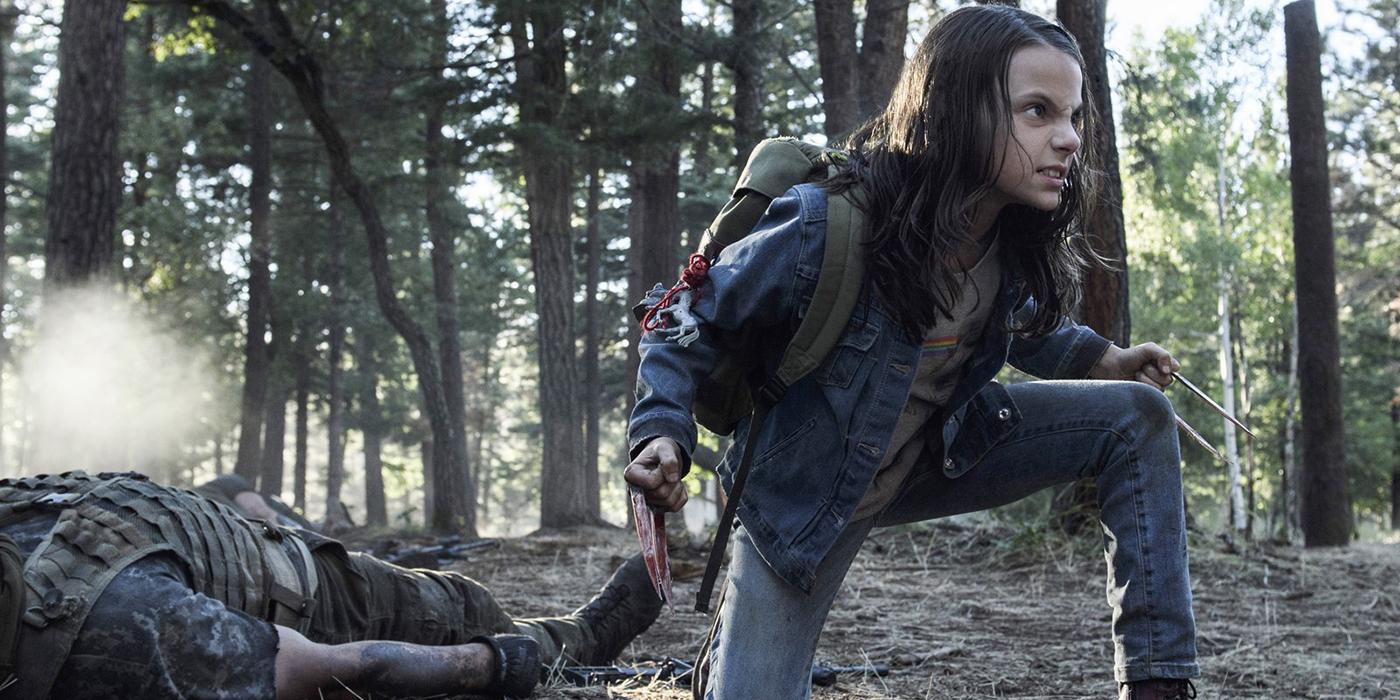
It is these conflicting facets of the character that set the stage for his meeting Laura, played by newcomer, Dafne Keen. Laura is a clone of Wolverine, not just of his mutant abilities, but of his unrestrained rage, and feral ferociousness. Helped to escape by a nurse murdered by the men who now hunt her, she turns to the only one who can help her—Wolverine. Except now, Wolverine no longer exists. Only a physically battered and emotionally beaten Logan remains. In Laura, Logan is reminded of a younger version of himself, and he feels a magnetic pull towards her. Nevertheless, the hero resists, but through the grandfatherly insistence of a deteriorating Charles Xavier, played sublimely by Patrick Stewart, and a desire to help her avoid the devastating life that he has led, Logan relents, and agrees to help.
The result of this is to take the movie farther away from traditional superhero fare and place it in a kind of hybrid classic Western/chase movie, one that deeply explores the relationship between father and son, and father and daughter. Jackman shines in this role despite having to balance uncontained animal rage with that of thoughtful caregiver. This balance is highlighted in a painfully awkward, but equally humorous scene, when Logan must help the ailing Xavier onto the toilet.
Scott Frank’s script, which was co-written with director/story writer James Mangold and Michael Green, is the foundation of this movie; not action set-pieces, not CGI aliens pouring in from a hole in the sky, not a frantic need to rush through this movie’s story so that they can set-up the next. That is why this story works so well as Jackman’s final outing as Logan. It finally tells a character driven, self-contained story about the tragedy of Logan’s life. There are no happy endings. He doesn’t save the world. He doesn’t even save himself. And throughout the movie he is wrestling with a humanity all but lost to the constant torment that has been his life.
The beauty of this struggle is that through all that pain, suffering and regret, he still wants to take care of those he cares about. And in the end, that is the appeal of this tragic hero—complete selflessness in the face of utter, and absolute oblivion. That is the story of Wolverine. That is the story of Logan.
LOGAN | Action, Drama, Sci-Fi, Thriller | Rated R | Run time 2h 17m | Directed by James Mangold | Writers Scott Frank, James Mangold, Michael Green, David James Kelly, Craig Kyle, John Romita Sr., Roy Thomas, Herb Trimpe, Len Wein, Christopher Yost | Stars Hugh Jackman, Patrick Stewart, Dafne Keen, Boyd Holbrook, Stephen Merchant | Find tickets
Mario Figueroa, Lima Charlie News
Mario Figueroa is a former Marine Corps Infantryman who deployed in support of Operation Iraqi Freedom II. Following his service, Mario completed his B.A. in English Literature at Columbia University in the City of New York. While completing his studies, Mario served on the Executive Board of The US Military Veterans of Columbia University while also working as Director of Veteran Services for United War Veterans Council, a veterans centric non-profit dedicated to honoring service and helping veterans transition back into the civilian world. Upon graduation, Mario joined the NBC Universal team working as an Associate Producer for NBC Sports. Mario now currently works in Marketing and Advertising with Ayni Brigade, a strategic consultancy and creative boutique. When he is not trying to save the world, Mario likes to read comics and obsess over his Yorkie, Jimi Hendrix. Follow Mario on Twitter @MFigueroaLC
Lima Charlie provides global news, insight & analysis by military veterans and service members Worldwide.
For up-to-date news, please follow us on twitter at @LimaCharlieNews

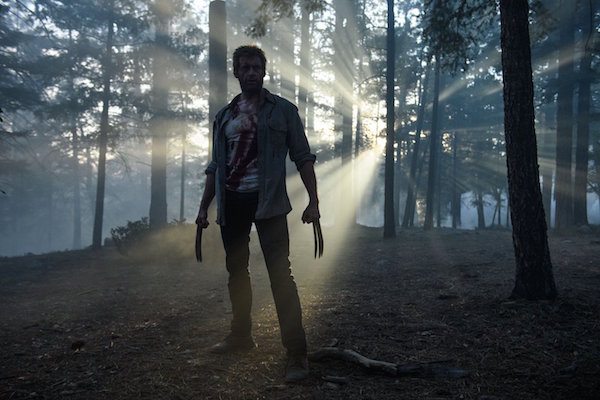
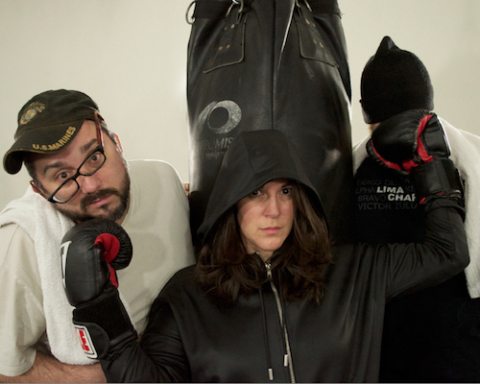
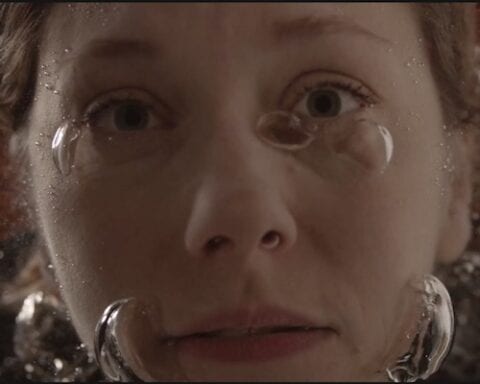
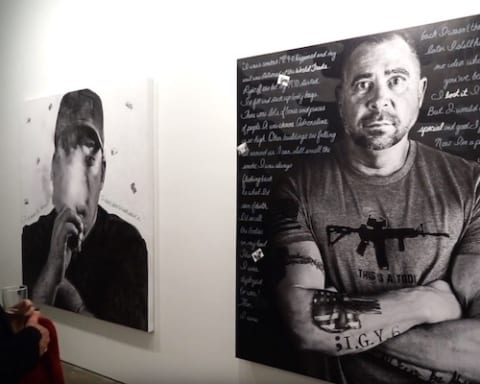
![Image China's football fever and FIFA - a World Cup match made in heaven [Lima Charlie News]](https://limacharlienews.com/wp-content/uploads/2018/07/Chinas-football-fever-and-FIFA-a-World-Cup-match-made-in-heaven-480x384.png)
![Image Life after the Marine Corps - a 360 with skateboard artist Rafael Colon [Lima Charlie News]](https://limacharlienews.com/wp-content/uploads/2018/04/RafaelColon-480x384.jpg)
